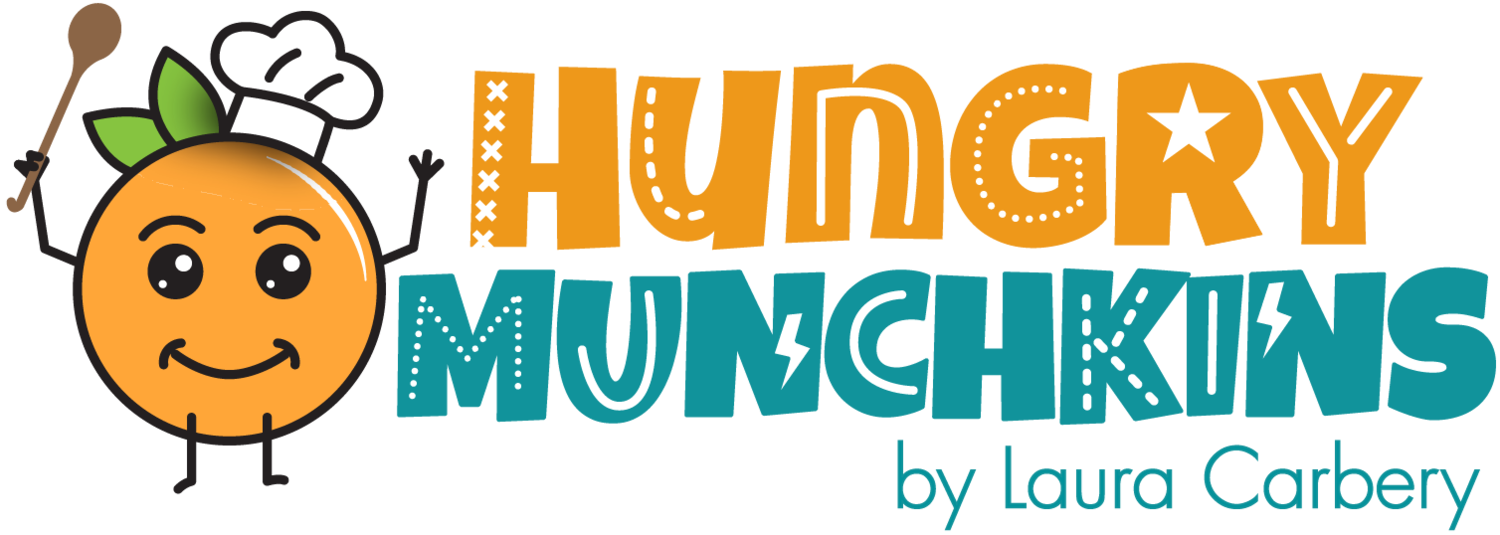How to get my baby to stop over stuffing their mouth with food?
Tips to help with food stuffing & food pocketing
I often have parents coming to me worried about their baby who keeps stuffing their mouth with too much food, making it difficult for them to chew and swallow. Mouth stuffing can seem like a dangerous thing (which of course it can be worrying if they keep gagging or nearly choking), but it also can be a good thing. And here’s why..
Mouth stuffing can teach your baby how to eat, how to chew and how much food to put in their mouth. It’s an essential and very big learning piece for starting solid foods. It’s often a phase that we can’t really skip but we can help them learn how to manage the amount of food and the bite sizes that are appropriate at mealtimes.
Why do babies stuff their mouth?
Mouth stuffing is a totally normal behaviour for babies as they have to learn how to eat. It can be caused by a lack of self-regulation, seeking more sensory input, experimenting, or just not realising how much food is too much! They’re often trying to understand the map of their mouth are and how it all works together.
• What does it feel like if I put more food in my mouth? How far can I move my tongue? How much more food can I fit in my mouth? They are testing things out and learning. They don’t have the sensory awareness yet to know how much food is too much.
• A lot of times, if it’s their favourite food, they often can’t even wait to chew and swallow it so they stuff it all in.
• They don’t even know how to slow down. They need to be taught and shown how to slow down. This may seem obvious to us as adults but to them they really have no idea how to slow down.
Tips to help babies stop stuffing their mouth and build oral awareness.
Model how to chew & swallow to your baby.
Give your baby a long teether, spoon or toothbrush or a long hard food e.g., chicken drumstick with the meat removed, raw whole carrot, raw celery stick, mango pit. (Really tough, unbreakable food that they can’t bite into it or tear any pieces off. We don’t want any choking hazards). Baby can explore these with their tongue and push or press on all sides of their mouth. They can learn the feeling of what it’s like to have a big piece of food in their mouth.
You can brush their mouth to “wake up their mouth” and awaken their senses using a regular children’s toothbrush or a cloth. You can do this before mealtimes. This can then reduce the need for that sensory input and prevent or reduce mouth stuffing.
Offer only a few pieces of food at a time at the beginning so they don’t have the opportunity to stuff so much food in their mouth. Then over time as they have learnt not to stuff their mouth, you can increase the amount of food that you put on their tray.
Talk to your baby at mealtimes in simple sentences and repeat. “That looks like a lot of food in your mouth. Chew, chew, chew.’ This may seem silly. They may not understand right away but with action and repetition they will learn.
If they’re taking really big bites of food, you can teach your baby how to take smaller bites. Offer a finger food and place your fingers close to the top of the food, only allowing them access to a small part of the food for them to bite off. Follow their lead - don’t shove the food in their mouth as this can be a choking risk. This will help them learn and control the sizes and what sizes are appropriate at mealtimes. This is good at the beginning but best not to keep this habit going for a long time as you want them to manage the food themselves and not be relying on you to show them every time.
You can slow your child’s eating down using child safe utensils. It can take them time to pick up food with cutlery and child safe food picks so these can be a good tool to use.
Offer them frequent small sips of water during meals to slow them down and clear some food from their mouth.
When should I seek support if I’m worried about my baby or child’s over-stuffing? Who can help me with this?
It may be time to seek support if:
You are regularly finding food in your baby or toddler’s mouth half an hour or more after meals.
You have tried the strategies above for a month or so and are seeing no progress.
Speak to your GP or public heath nurse if you are concerned. They may suggest a referral to an occupational therapist or speech therapist who has expertise in paediatric feeding.





